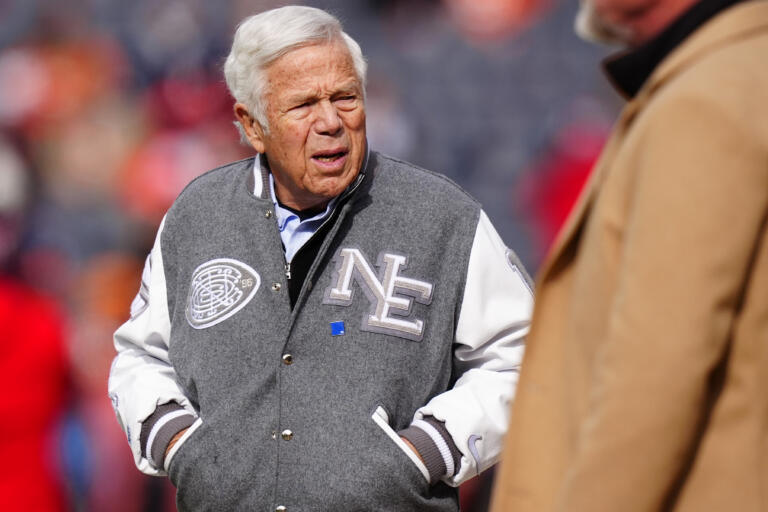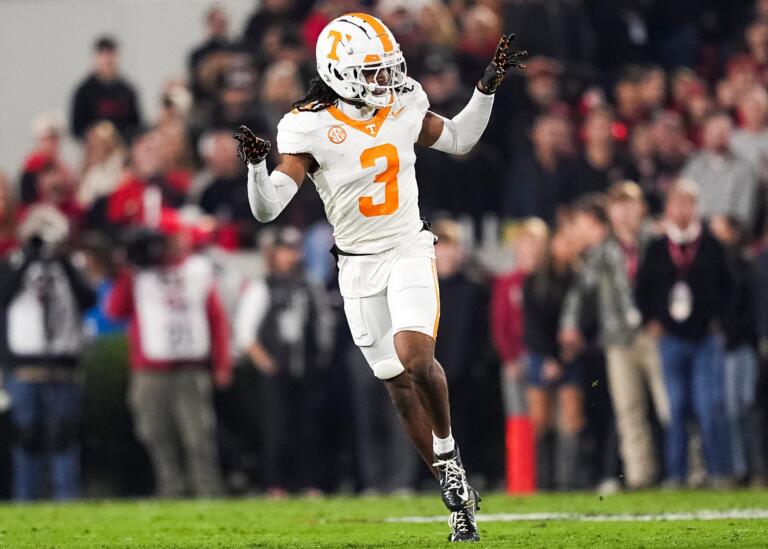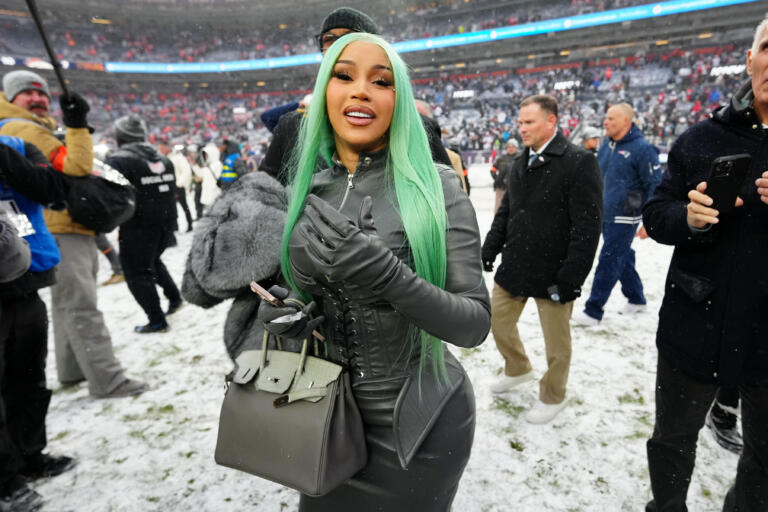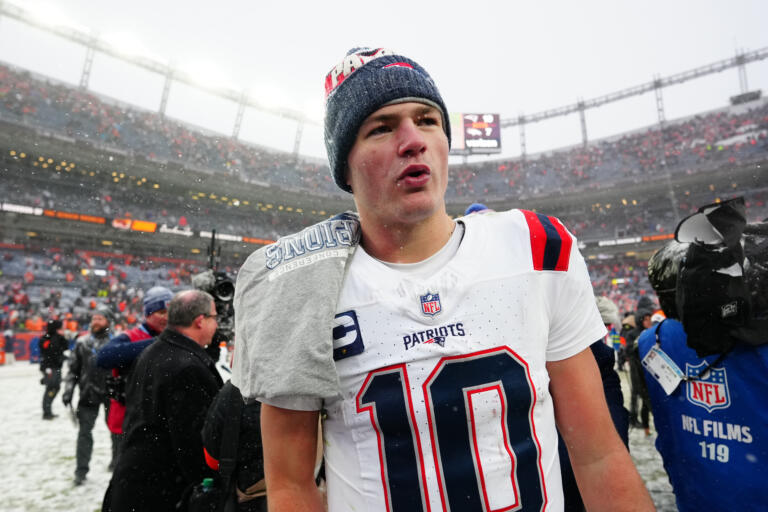Week 7 proved to be a startling upset for the Las Vegas Raiders. Facing the Chicago Bears, their offense couldn’t find a foothold. The Bears’ defense dominated, resulting in a 30-12 victory for Chicago.
Breaking Down the Offense
Las Vegas entered the game with a 3-4 record. They hoped to even the score. However, the offense sputtered, producing only 12 points. Multiple factors contributed to their downfall.
Key Players’ Impact
Quarterback B. Hoyer struggled, throwing two interceptions. His 129 passing yards were insufficient. Similarly, star running back J. Jacobs couldn’t break free. His 35 rushing yards on 11 carries didn’t meet expectations.
Analyzing the Bears’ Defense
On the other side, Chicago’s defense was impenetrable. They held the Raiders to two field goals and one late touchdown. Their interception return for a touchdown sealed the deal.
Comparing Performances
Las Vegas’ performance was a far cry from their potential. In previous games, their offense showed sparks of brilliance. Unfortunately, those sparks were nowhere to be found in Week 7.

Examining the Raiders’ Struggles
Several issues plagued the Raiders. The Bears’ defense applied relentless pressure. This disrupted Hoyer’s timing and the overall flow of the offense. In addition, penalties and missed opportunities hampered their progress.
Looking at the Stats
Hoyer’s 17-32 passing wasn’t enough. Despite D. Adams’ 7 receptions for 57 yards, the offense couldn’t capitalize. The Bears’ T. Bagent threw for 162 yards and one touchdown. This contributed to Chicago’s overall dominance.
The Road Ahead
The Raiders now sit at a 3-5 record. The path to the playoffs is becoming steeper. They must regroup and address their weaknesses. If not, their season could slip away.
Conclusion
In summary, Week 7 was a wake-up call for the Raiders. Their offensive struggles against the Bears were unexpected. They need to learn from this experience. Moving forward, adjustments are necessary to turn their season around.








